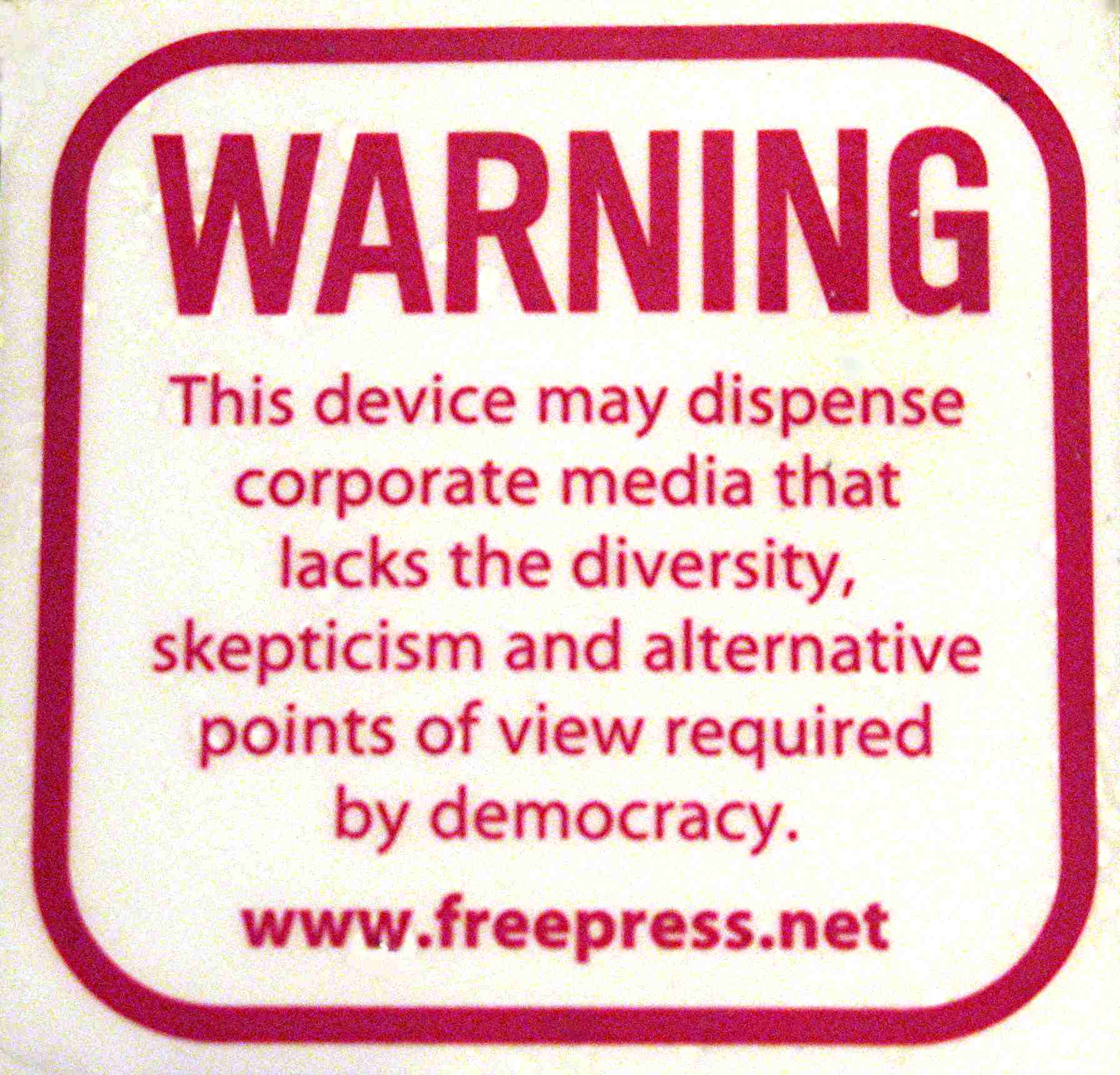Salon.com has presented a must-read interview with do-gooder FCC Commissioner Michael Copps. The audacity of the FCC chairman is simply unbelievable. First of all, here is the intro to the article:
Michael Copps doesn’t want to be called a crusader. But as one of the two Democrats on the five-member Federal Communications Commission, he’s not shy about sounding biblical. He says he’s “blowing a loud trumpet” for a “call to battle” to stop the FCC from giving big media a generous Christmas present.
Copps is trying to defeat FCC chairman Kevin J. Martin’s last-minute proposal to loosen media ownership rules, which will be voted on by Dec. 18. As it stands now, a company can’t own both a daily newspaper and a broadcast outlet — a radio or TV station — in the same market without a waiver. In an Op-Ed piece in the New York Times on Nov. 13, Martin wrote that media companies in the 20 largest markets should be allowed to own both in the same market to bolster journalism. “If we don’t act to improve the health of the … industry,” he wrote, “we will see newspapers wither and die … and have fewer outlets for the expression of independent thinking and diversity of viewpoints.”
What is the effect of too much consolidation? This consolidation of the media does not enhance democracy. Just the opposite. Consolidated corporate media don’t respond to the needs of the community:
The owners, instead of being members of the community, are often people who live hundreds or thousands of miles away. Too many stations aren’t even inhabited by human beings. They’re run by computers or by mechanical means. That’s why nobody’s there. Localism means that you go out and talk to people locally about the kinds of issues and programming that they want. We don’t do that anymore.
Does the corporate media cover these important media issues?
I visited the editor of the editorial page of a major newspaper in this country not too many weeks ago, and we got talking about this issue. I think the person in his heart was on my side of the issue, but he said they can’t cover that issue. And I said, “Oh, why not?” He said, “The publisher wouldn’t let us do that. It would be against the interest of the company. I have a lot of freedom to cover what I want issue-wise on my editorial page, but I’m not going there.” It wasn’t almost chilling; it was downright chilling.
Though the media doesn’t cover the deep media issues, it still loves a fight. Hence, this recent article in the LA Times regarding the tactics used by Martin (free registration required to view the entire article):
Two key House lawmakers announced Monday that they were investigating the Federal Communications Commission, accusing its chairman of “possible abuse of power” and a failure to operate fairly and openly in handling proposed cable TV and media ownership regulations.
“Given several events and proceedings over the past year, I am rapidly losing confidence that the commission has been conducting its affairs in an appropriate manner,” Rep. John D. Dingell (D-Mich.), chairman of the Energy and Commerce Committee, wrote to FCC Chairman Kevin J. Martin.
Dingell said he was concerned that the FCC had not made the full text of proposed rules available to the public before it voted on them, and that Martin often had not given other commissioners details of proposals until it was too late for them to fully analyze them.
Epilogue: Consider affixing this decal to every television set you find and consider supporting Free Press.



Critics usually blame Martin, a soft-spoken Republican known as a political tactician who has accomplished the rare feat of being criticized by all four of his fellow commissioners. He is also facing a congressional inquiry into the FCC's procedures and allegations of flawed research studies, suppressing data, ignoring public input and holding hearings with minimal notice.
http://www.huffingtonpost.com/2007/12/10/lone-ope…
More on FCC Commissioner Kevin Martiin:
http://www.huffingtonpost.com/2007/12/14/fcc-chie…
The Federal Communications Commission, overturning a 32-year-old ban, voted Tuesday to allow broadcasters in the nation's 20 largest media markets to also own a newspaper.
FCC Chairman Kevin Martin was joined by his two Republican colleagues in favor of the proposal, while the commission's two Democrats voted against it.
Martin pushed the vote through despite intense pressure from House and Senate members on Capitol Hill to delay it.
http://www.huffingtonpost.com/huff-wires/20071218…
Josh Silver of Free Press, writing for Common Dreams:
Here's FCC Commissioner Michael Copps getting it all exactly right. This speech is a reminder that there are some very good-hearted and intelligent people still trying to serve the public interest in federal governement. http://www.pbs.org/moyers/journal/12212007/watch3…